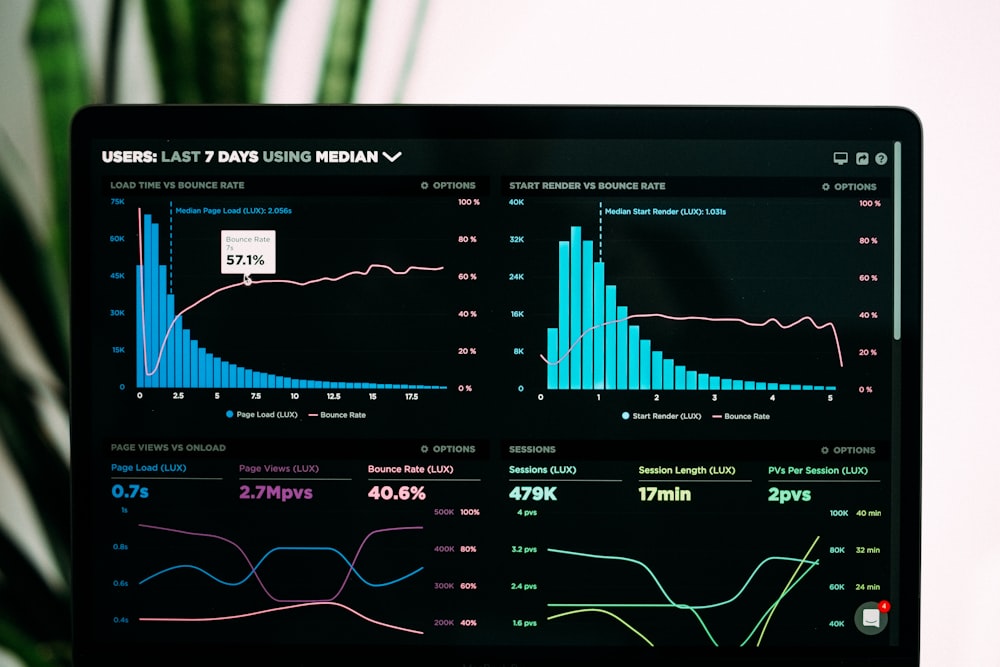
Complete Guide to ERP Systems for Retail Businesses
Understanding ERP Systems in Retail ?
Enterprise Resource Planning (ERP) systems have become essential tools for modern retail businesses. These comprehensive solutions integrate various business processes into a single, unified platform, enabling retailers to operate more efficiently and make data-driven decisions.
Key Components of Retail ERP Systems ?
Modern retail ERP systems typically include these essential modules:
1. Inventory Management ?
Advanced inventory management features include:
- Real-time stock tracking
- Automated reordering
- Multi-location management
- Barcode and RFID integration
- Stock level optimization
2. Financial Management ?
Comprehensive financial tools provide:
- General ledger management
- Accounts payable/receivable
- Financial reporting
- Budget planning
- Tax management
3. Point of Sale (POS) Integration ?
Seamless integration with POS systems enables:
- Unified transaction processing
- Real-time inventory updates
- Customer data management
- Sales analytics
- Payment processing
4. Customer Relationship Management (CRM) ?
Built-in CRM capabilities offer:
- Customer profile management
- Purchase history tracking
- Customer segmentation
- Marketing campaign management
- Customer service integration
Benefits of ERP Systems in Retail ?
Implementing an ERP system can transform your retail business:
1. Operational Efficiency ⚡
Streamline your operations with:
- Automated workflows
- Reduced manual data entry
- Faster order processing
- Improved resource allocation
- Better task management
2. Data-Driven Decision Making ?
Leverage data analytics for:
- Sales forecasting
- Inventory optimization
- Customer behavior analysis
- Performance tracking
- Market trend analysis
3. Cost Reduction ?
Optimize your expenses through:
- Reduced inventory waste
- Lower operational costs
- Better resource utilization
- Streamlined processes
- Automated reporting
Implementation Process ?
Follow these steps for successful ERP implementation:
- Needs Assessment
- System Selection
- Data Migration
- Staff Training
- Testing and Validation
- Go-Live Planning
- Post-Implementation Support
Common Implementation Challenges ⚠️
Be prepared for these potential obstacles:
- Data migration complexity
- Staff resistance to change
- Integration issues
- Training requirements
- System customization needs
Best Practices for ERP Success ?
Maximize your ERP investment with these practices:
- Thorough planning and preparation
- Clear communication with stakeholders
- Comprehensive staff training
- Regular system updates
- Ongoing performance monitoring
- Continuous improvement
Integration with Other Systems ?
Modern ERP systems integrate with various retail solutions:
- E-commerce platforms
- Payment processing systems
- Shipping and logistics
- Marketing automation
- Analytics tools
Security and Compliance ?
Ensure your ERP system maintains:
- Data encryption
- Access control
- Audit trails
- Compliance with regulations
- Regular security updates
Future of ERP in Retail ?
Emerging trends in retail ERP include:
- Cloud-based solutions
- AI and machine learning integration
- Mobile accessibility
- Advanced analytics
- IoT integration
Choosing the Right ERP Solution ?
Consider these factors when selecting an ERP system:
- Business size and complexity
- Industry-specific requirements
- Budget constraints
- Scalability needs
- Support and maintenance
Conclusion: Transforming Your Retail Business ?
An ERP system can revolutionize your retail operations by:
- Streamlining processes
- Improving efficiency
- Enhancing decision-making
- Reducing costs
- Increasing customer satisfaction
Ready to transform your retail business with a powerful ERP system? Our team at Set Softwares can help you select and implement the right solution for your specific needs. Let's optimize your retail operations together! ?


